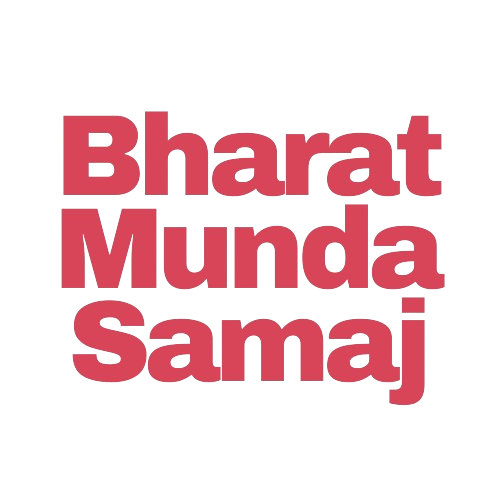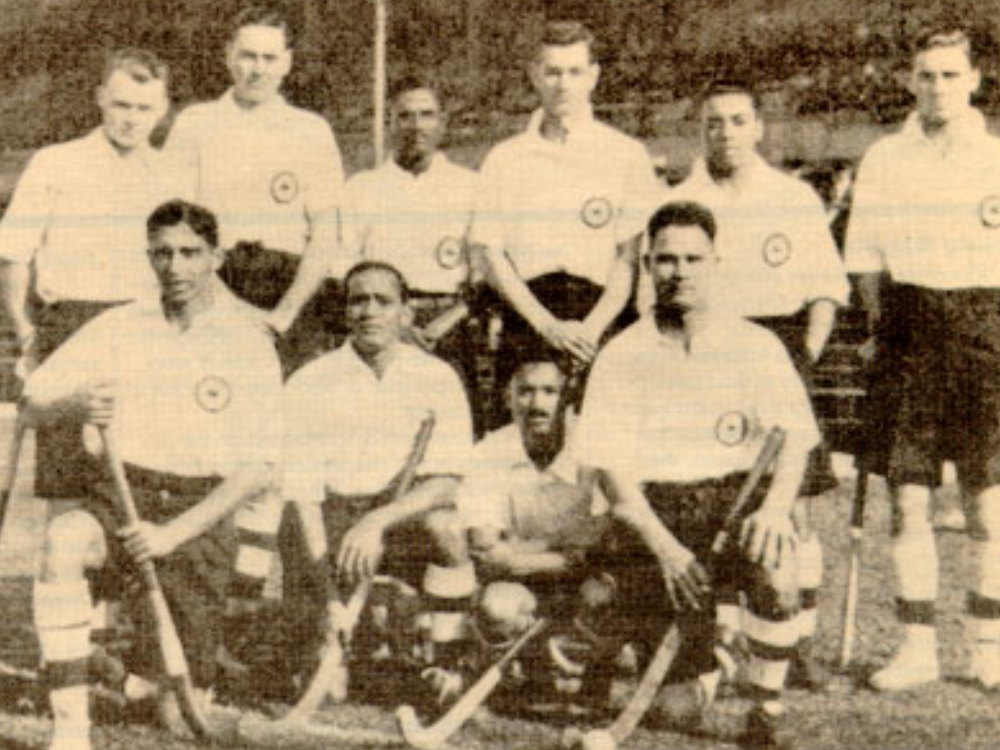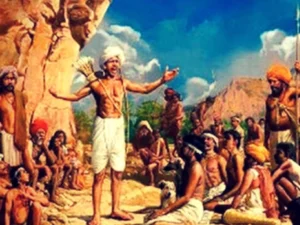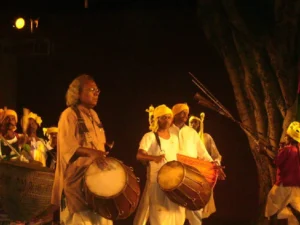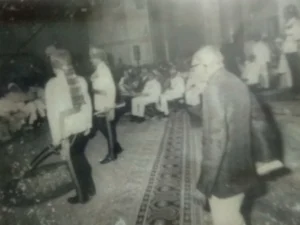Jaipal Singh Munda, often hailed as the “Marang Gomke” (Great Leader), is a towering figure in the history of India’s tribal communities. A man of many talents—an Olympian, a statesman, and a passionate advocate for tribal rights—Jaipal Singh Munda’s legacy is deeply etched in the socio-political landscape of India, particularly in the context of Adivasi identity and empowerment.
Early Life and Education
Born on January 3, 1903, in the remote village of Takra in the Khunti district of what is now Jharkhand, Jaipal Singh Munda belonged to the Munda tribe, one of the most prominent Adivasi communities in India. His early education took place at St. Paul’s School in Ranchi, where he was introduced to Western education and Christian missionary teachings. Recognizing his potential, the missionaries facilitated his further studies at St. John’s College, Oxford, where he developed into an accomplished scholar and sportsman.
A Sporting Legend
Jaipal Singh Munda’s name first gained national and international recognition as the captain of the Indian field hockey team that won the gold medal at the 1928 Amsterdam Olympics. His leadership and skill on the field were instrumental in securing India’s place as a dominant force in hockey. However, despite his sporting success, Jaipal Singh Munda’s true calling lay in the service of his people.
Political Career and Advocacy for Tribal Rights
Returning to India, Jaipal Singh Munda was acutely aware of the socio-economic challenges faced by the tribal communities. The exploitation, displacement, and marginalization of Adivasis in their own homeland fueled his resolve to fight for their rights. He became a key figure in the Indian National Congress but eventually broke away to form the Adivasi Mahasabha in 1938, an organization dedicated to the upliftment of tribal communities.
Jaipal Singh Munda’s political acumen was most prominently displayed during the drafting of the Indian Constitution. As a member of the Constituent Assembly, he was a powerful voice for the tribal people, advocating for special provisions to protect their rights, land, and culture. His speeches in the Assembly highlighted the historical injustices faced by Adivasis and the need for affirmative action to ensure their development and integration into the national mainstream.
Architect of Jharkhand
Jaipal Singh Munda is often referred to as the “Father of Jharkhand” for his vision of a separate state for the tribal-dominated regions of Bihar. He believed that the distinct cultural and socio-economic needs of the Adivasis could only be adequately addressed through self-governance. Although Jharkhand was only realized as a separate state in 2000, long after his death in 1970, Jaipal Singh Munda’s advocacy laid the groundwork for its creation.
Legacy and Influence
Jaipal Singh Munda’s legacy is not confined to his contributions to sports or politics; it extends to the realm of cultural identity. He was a firm believer in the importance of preserving tribal languages, customs, and traditions, which he saw as the bedrock of Adivasi identity. His life and work continue to inspire generations of tribal leaders and activists who strive to uphold the rights and dignity of Adivasi communities across India.
Today, Jaipal Singh Munda is remembered as a true pioneer—a man who dedicated his life to the cause of his people, championing their rights and ensuring that their voices were heard at the highest levels of government. His vision of a just and equitable society, where Adivasis could live with dignity and pride, remains a guiding light for the ongoing struggle for tribal rights in India.
Conclusion
Jaipal Singh Munda’s story is a testament to the power of leadership and advocacy in effecting social change. As we remember him, we also reaffirm our commitment to the ideals he stood for—justice, equality, and the preservation of cultural heritage. Bharat Munda Samaj honors his legacy by continuing the work he began, striving to empower the Munda community and ensure that their rich cultural heritage is celebrated and preserved for generations to come.
